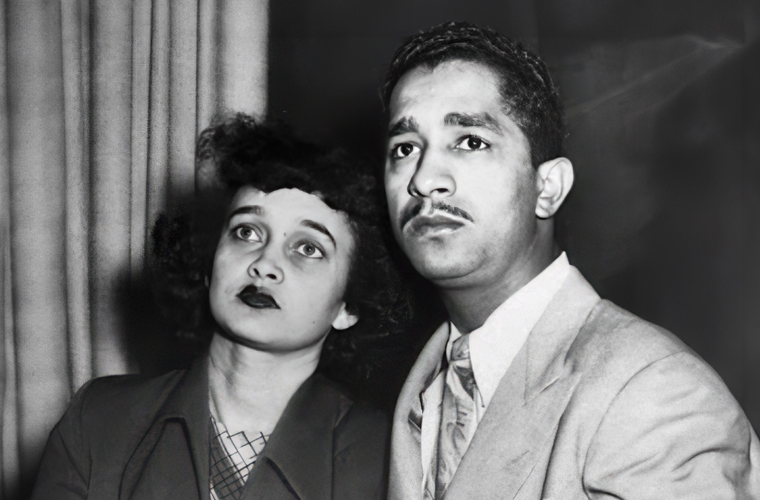In 1951, the city of Cicero, Illinois became the site of a significant event in the history of civil rights in the United States. The catalyst for this event was the arrival of Henry E. Clark Jr, an African American World War II veteran, and his family in an all-white neighborhood. This seemingly mundane occurrence would ultimately lead to a violent riot that would capture the attention of the nation.
Henry E. Clark Jr was a man of remarkable courage and determination. Having served his country in World War II, he returned home with a desire to live a peaceful and prosperous life with his family. After graduating from Fisk University, he sought to provide a better future for his wife, Johnetta Clark, and their two children. Little did he know that their move to Cicero would ignite a firestorm of racial tension and violence.
The Clarks’ decision to move into an all-white neighborhood in Cicero was met with hostility and resistance from the local residents. The deeply ingrained racial prejudices of the time were evident as the Clarks faced intimidation and threats from their new neighbors. Despite the hostility, Henry E. Clark Jr remained steadfast in his belief that he had the right to live wherever he chose, regardless of the color of his skin.

As tensions continued to mount, the situation in Cicero reached a boiling point. On the fateful day of the riot, a violent mob descended upon the Clarks’ home, unleashing a wave of destruction and chaos. The rioters were fueled by hatred and bigotry, seeking to drive the Clarks out of their neighborhood by any means necessary. The scenes of violence and destruction that unfolded in Cicero were a stark reminder of the deep-seated racial divisions that plagued American society at the time.
The Cicero riot of 1951 garnered widespread attention from the media and the public, sparking national outrage and condemnation. The images of a black family being targeted and terrorized in their own home struck a chord with many Americans, forcing them to confront the ugly reality of racism in their own country. The events in Cicero served as a wake-up call, prompting calls for greater civil rights protections and an end to segregation and discrimination.
In the aftermath of the riot, Henry E. Clark Jr and his family received an outpouring of support from across the country. Their bravery in the face of adversity inspired others to stand up against injustice and work towards a more inclusive and equitable society. The Clarks’ resilience in the face of such hatred and violence served as a testament to the strength of the human spirit and the power of hope in the darkest of times.






The legacy of the Cicero riot of 1951 endures as a poignant reminder of the struggles faced by African Americans in their fight for equality and justice. It stands as a testament to the courage of individuals like Henry E. Clark Jr, who refused to be cowed by prejudice and bigotry. The events in Cicero served as a catalyst for change, spurring a renewed commitment to the cause of civil rights and paving the way for a more inclusive and just society.
In conclusion, the story of Henry E. Clark Jr and his family’s experience in Cicero serves as a powerful reminder of the enduring impact of racism and the resilience of those who stand up against it. Their courage in the face of adversity serves as an inspiration to all who continue to fight for equality and justice. The events in Cicero may have been marked by violence and hatred, but they also sparked a national conversation about race and civil rights that continues to resonate to this day.

